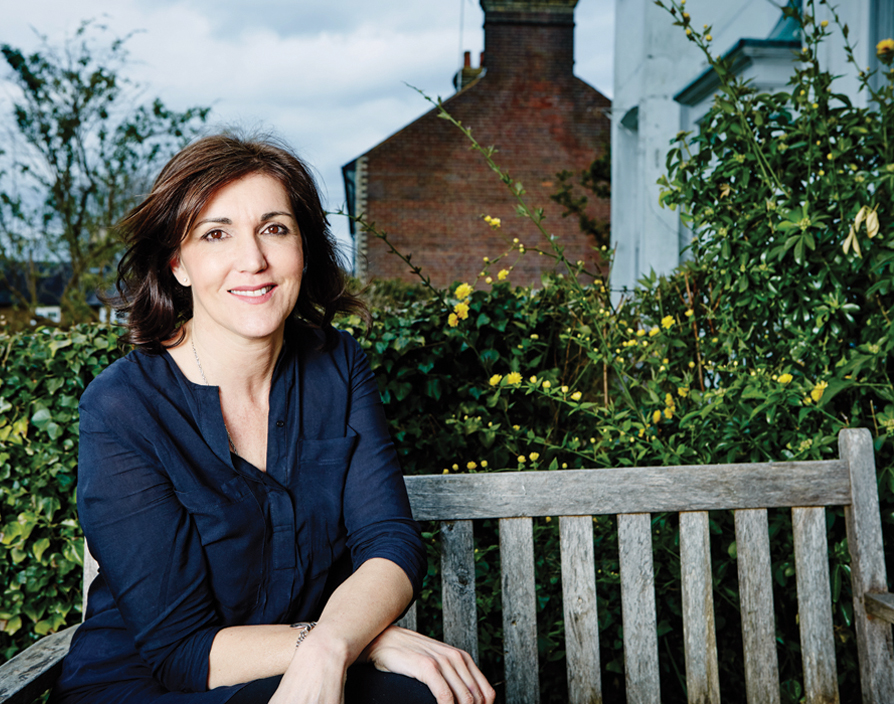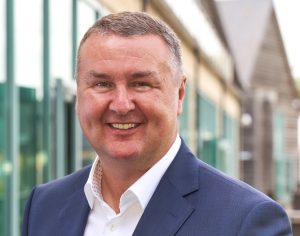Monkey Music’s founder Angie Coates always seemed destined for a musical career. “I always had music at home,” she says. “My mum is a very keen musician and her grandmother was an amazing pianist.” However, Coates didn’t pick up the bug straight away, as evidenced by her first taste of playing the recorder. “I wanted to leave because it was all boys,” she smiles. “But I’d been thrown out of Brownies the week before, so my mum said I couldn’t.”
Coates’ attitude soon changed and her passion for music has flourished ever since. Attending classes at London’s Guildhall from the age of 12, she went on to be accepted as one of only two oboists at the prestigious school. “I went through this hideous audition process to get into the top school,” she explains. “[But] I felt like I’d arrived in the right place; music school was definitely where I was supposed to be.”
Yet it wasn’t long after leaving Guildhall that Coates had a change of heart about her career. “When you go to music school you are primed to perform,” she says. “Quite quickly, I realised that I didn’t want to spend my life charging around the country.” She took a teaching role at Thomas’s London Day School in Battersea, which didn’t have a music department at the time. Within 18 months, she became the school’s first ever head of music, recruiting a number of her friends as teachers. It was an impressive achievement for the 23-year-old Coates. “Looking back now, I realise how big a responsibility that was,” she admits.
While the school catered to kids aged three to 13, it was evident which classes Coates found most rewarding. “It was the kindergarten and creche that I got really involved in,” she says. “I realised that pre-school music-making was my favourite part of the job.” The birth of her first daughter also gave Coates some personal insights into children’s relationship with music. “For me, music was like a drug,” she says. “And they seemed to feel like I felt about music at that age.”
Equipped with these observations, Coates started constructing the music curriculum on which Monkey Music is now built. But it wasn’t just children that Coates had in mind when developing the programme. “I used to tell parents that their children enjoyed music but they weren’t witnessing it themselves,” she says. “So I thought there was an opportunity to create something for parents and kids – to use music for something amazing.”
The first Monkey Music class was held at a community centre in Dulwich, where Coates was living at the time. “I remember putting an advert on a noticeboard asking parents to come along and try these classes,” she says. “When I got home I had loads of messages on my answerphone and I thought: ‘Oh god, what have I started?'” Nonetheless, Coates is nothing but grateful for the families who turned up in their droves. “I don’t think we’d be where we are now were it not for those amazing parents,” she says.

Adam Pescod
EF's editor is tasked with ensuring these hallowed pages are rich with excellent, engaging and error-free stories for fabulous franchisors and franchisees. Pescod previously plied his trade penning pieces about pubs and pints. He is also a sucker for alliteration.

Adam Pescod
EF's editor is tasked with ensuring these hallowed pages are rich with excellent, engaging and error-free stories for fabulous franchisors and franchisees. Pescod previously plied his trade penning pieces about pubs and pints. He is also a sucker for alliteration.
































